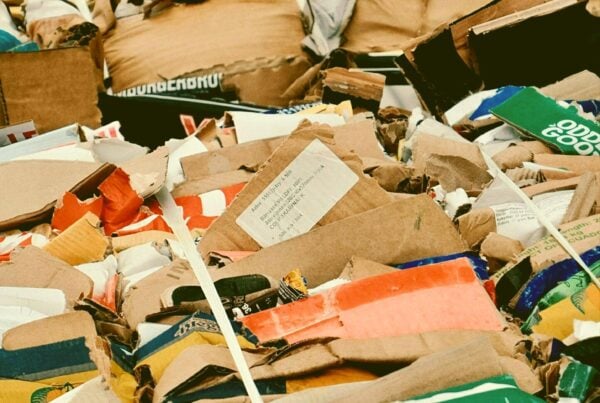The Importance of Proper Recycling
Recycling plays a crucial role in reducing landfill waste, conserving natural resources, and lowering carbon emissions. However, the effectiveness of recycling depends significantly on how well consumers sort and dispose of materials. Contamination, incorrect disposal, and lack of awareness can undermine even the most advanced waste management systems. With Greyhound’s new Materials Recovery Facility (MRF) set to transform recycling in Ireland, it’s more important than ever for households to play their part in making recycling more efficient.
Common Recycling Mistakes and How to Avoid Them
Many people recycle with good intentions, but simple mistakes can lead to contamination, making materials unrecyclable. Here are some common errors and how to correct them:
- Putting Non-Recyclables in the Bin: Items like plastic bags, polystyrene, and certain takeaway containers can’t be recycled through standard collections. Always check your local recycling guidelines.
- Food and Liquid Contamination: Leftover food and drinks can ruin entire batches of recyclables. Rinse out containers before disposing of them.
- Wishcycling: This is when people put items in the recycling bin, hoping they will be processed, even if they’re not recyclable. Research what materials your waste provider accepts.
- Mixing Materials: Composite materials, like coffee cups with plastic linings, are hard to recycle. If possible, separate components before disposal.
Best Practices for Household Recycling
Following these simple steps can help ensure your recyclables are processed correctly:
- Clean and Dry: Rinse plastic, glass, and metal containers to remove food residue. Wet paper and cardboard can’t be recycled.
- Separate Materials: If possible, separate different types of materials before placing them in the recycling bin.
- Flatten and Compress: Crush cans, break down boxes, and remove lids from bottles to save space and improve sorting efficiency.
- Use Clear Bags or No Bags: Avoid black bin bags, as they can be mistaken for general waste.
How the New MRF Will Benefit from Better Recycling Habits
Greyhound’s state-of-the-art MRF uses AI and robotics to improve material sorting, but consumer participation remains essential. Properly sorted recyclables will:
- Reduce contamination, leading to higher recovery rates.
- Improve the quality of materials, making them more valuable for reuse.
- Enhance processing efficiency, leading to lower operational costs and environmental impact.
The Role of Consumers in Ireland’s Circular Economy
Every household contributes to the success of a circular economy. By making small changes in recycling habits, consumers can:
- Support waste reduction efforts by purchasing recyclable or reusable products.
- Reduce carbon emissions associated with landfill waste.
- Help Ireland meet EU recycling targets and sustainability goals.
Small Changes, Big Impact
Recycling is a shared responsibility. While Greyhound’s new MRF will significantly enhance Ireland’s waste management capabilities, its success depends on collective efforts. By following best practices, consumers can ensure their recyclables are effectively processed and contribute to a cleaner, greener future.
Follow us on Facebook.




